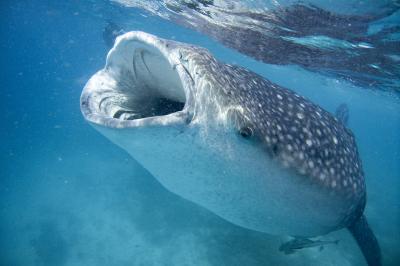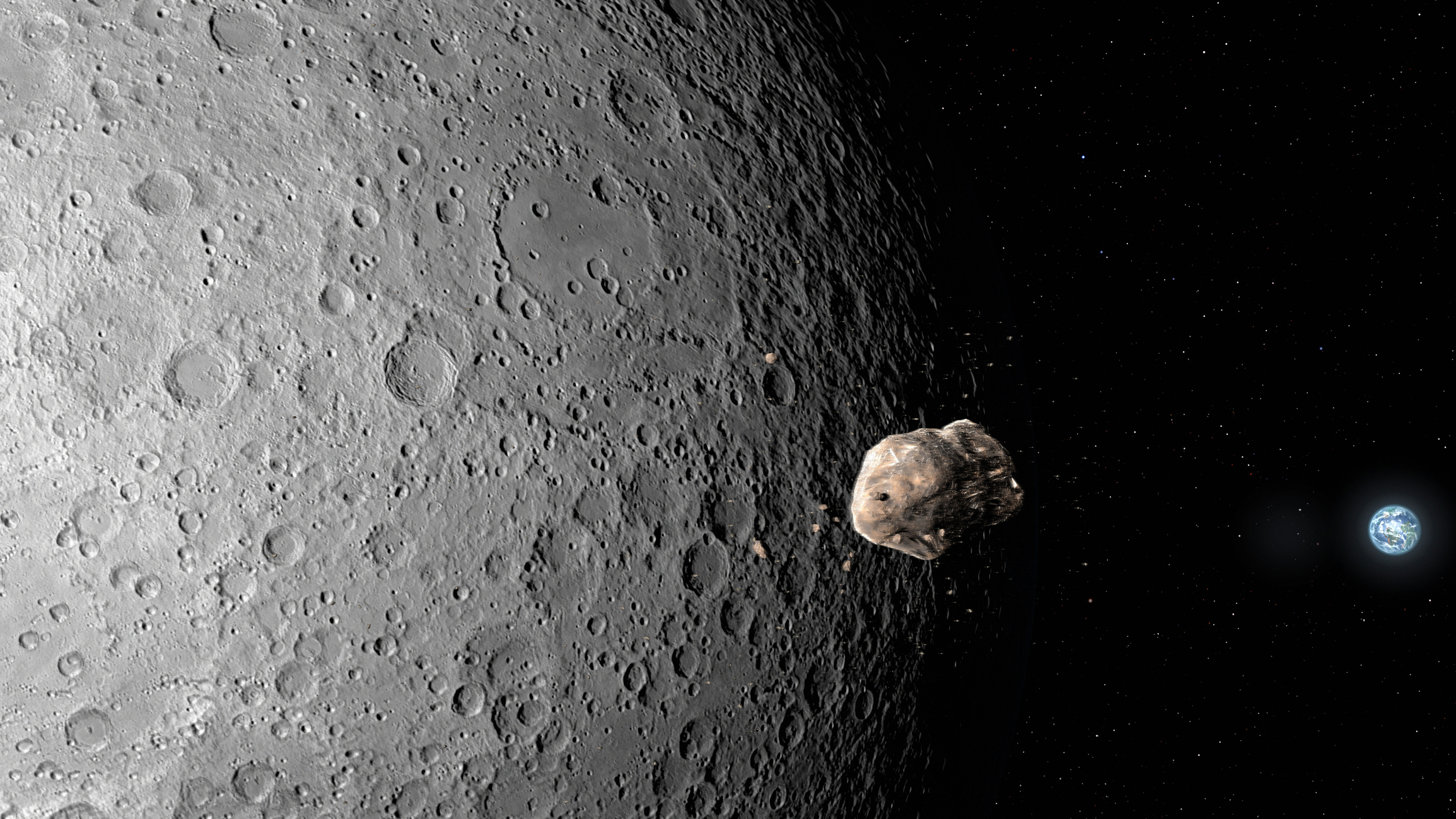
Vacationers' Photos Help Scientists Track Whale Sharks

Get the world’s most fascinating discoveries delivered straight to your inbox.
You are now subscribed
Your newsletter sign-up was successful
Want to add more newsletters?

Delivered Daily
Daily Newsletter
Sign up for the latest discoveries, groundbreaking research and fascinating breakthroughs that impact you and the wider world direct to your inbox.

Once a week
Life's Little Mysteries
Feed your curiosity with an exclusive mystery every week, solved with science and delivered direct to your inbox before it's seen anywhere else.

Once a week
How It Works
Sign up to our free science & technology newsletter for your weekly fix of fascinating articles, quick quizzes, amazing images, and more

Delivered daily
Space.com Newsletter
Breaking space news, the latest updates on rocket launches, skywatching events and more!

Once a month
Watch This Space
Sign up to our monthly entertainment newsletter to keep up with all our coverage of the latest sci-fi and space movies, tv shows, games and books.

Once a week
Night Sky This Week
Discover this week's must-see night sky events, moon phases, and stunning astrophotos. Sign up for our skywatching newsletter and explore the universe with us!
Join the club
Get full access to premium articles, exclusive features and a growing list of member rewards.
Vacationers' photographs of whale sharks could help scientists track and learn more about the huge animals, which are often referred to as the world's largest fish.
While scuba diving, tourists to the Maldives and elsewhere in the Indian Ocean often snap pictures of the sharks. A study published recently in the journal Wildlife Research found that scientists could use 85 percent of these whale shark photographs published on social media sites like Flickr and YouTube to successfully identify individual sharks, according to a statement from Imperial College London.
Whale sharks migrate incredible distances and dive deep underwater, frustrating many efforts to study them, and making such additional data particularly useful. Previously, however, researchers had not thought of such publicly available photos as a reliable source of information, the release said.
"Globally, this outcome provides strong support for the scientific use of photographs taken by tourists for whale shark monitoring," said Imperial College researcher Tim Davies in the release. "Hopefully, this will give whale shark research around the world confidence in using this source of free data."
Like curious tourists, scientists also snap photographs of whale sharks. But researchers identify the sharks according to patterns of spots located behind the gills, which can function like fingerprints to pinpoint individuals. The patterns can then be scanned into a computer. Researchers were able to locate and analyze these unique marking in the amateur photos, the release noted.
Scientists conducted the study in the Maldives, where whale shark tourism provides a steady stream of photos from globetrotting tourists.
The photographs could help scientists learn more about the poorly understood life history of these sharks, which are listed as vulnerable by the International Union for Conservation of Nature, one step above "endangered."
Get the world’s most fascinating discoveries delivered straight to your inbox.
Reach Douglas Main at dmain@techmedianetwork.com. Follow him on Twitter @Douglas_Main. Follow OurAmazingPlanet on Twitter @OAPlanet. We're also on Facebook and Google+.
 Live Science Plus
Live Science Plus






